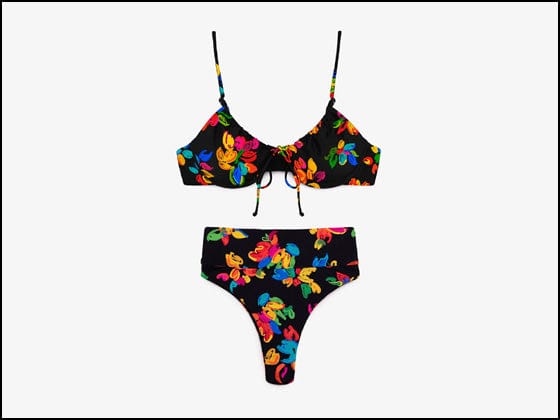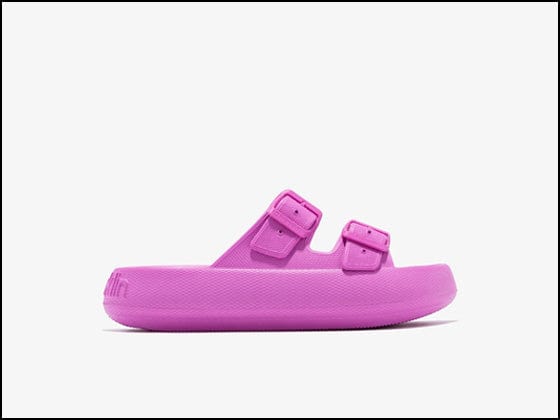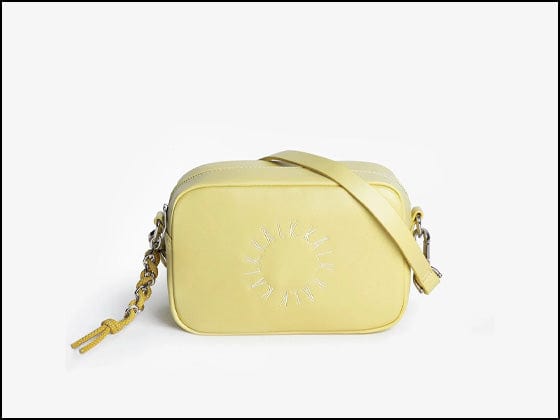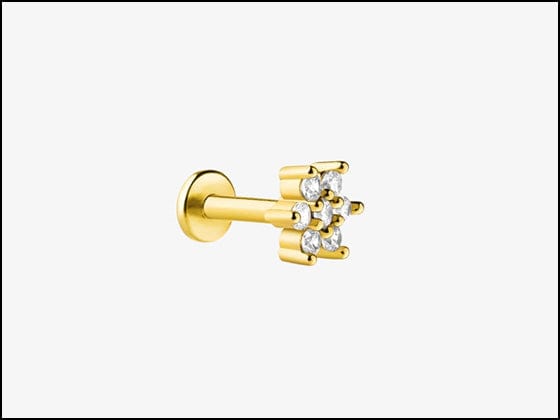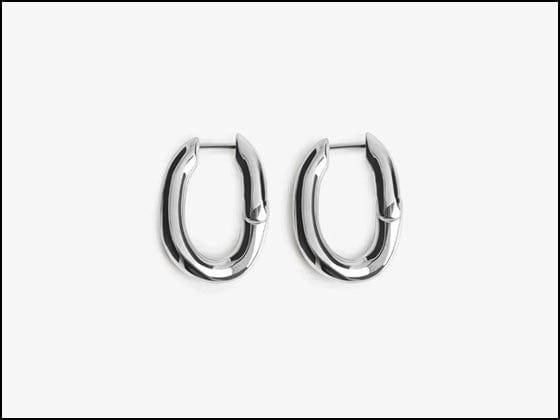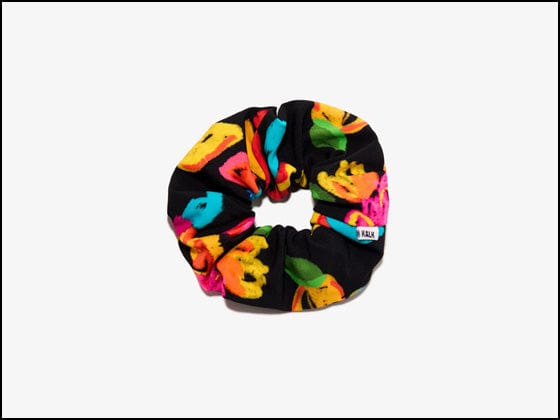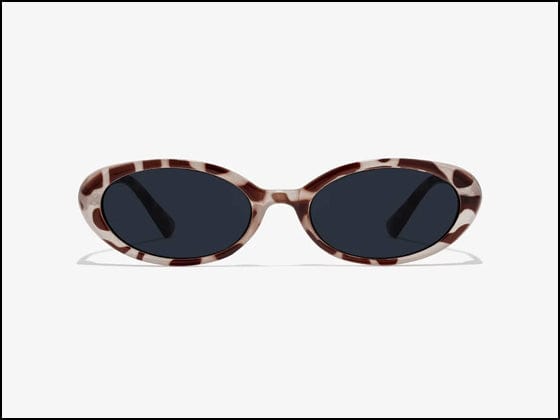Choosing good sunglasses isn't as easy as it seems. The protection they offer to your eyes is crucial, as being exposed to the sun without proper protection can be dangerous. However, there are other factors to consider to ensure the sunglasses you buy are of good quality and perform their function properly.
In this article, we explain how to tell if a pair of sunglasses is good so you can make an informed decision and protect both your style and eye health.
What features make a pair of sunglasses good?
Not all sunglasses are the same, and to know if the ones you're considering are good, you need to look for several essential features. Here are the most important things to keep in mind:
1. UV Protection
The most important aspect to consider is UV protection. Sunglasses shouldn't just be a fashion accessory, but they must also protect your eyes from harmful ultraviolet (UV) rays. Look for sunglasses that offer 100% protection from UVA and UVB rays. This is crucial to prevent long-term damage, such as cataracts or macular degeneration.
Quality sunglasses should always indicate on the label that they protect at least 99% of UVA and UVB rays. If you can’t find this information, it's best not to buy them.
2. Quality Lenses
The quality of the lenses is another determining factor when knowing if a pair of sunglasses is good. The lenses should be clear, without distortion, and without any imperfections. Poor-quality lenses can cause visual discomfort and fail to provide the necessary protection.
Additionally, it's recommended to opt for polarized lenses if you're going to drive or spend a lot of time outdoors. Polarized lenses reduce glare, improving visibility and reducing eye fatigue.
3. Frame Materials
The materials of the frame also play an important role in the durability and comfort of sunglasses. A good pair should have a light and durable frame. The most common and high-quality materials are acetate, metal, and nylon, as they offer durability and flexibility without sacrificing weight.
If the frame is too rigid or heavy, it can be uncomfortable to wear, especially for long hours.
4. Design and Fit
The design of the sunglasses also influences their functionality. To ensure sunglasses are good, they must fit well on your face, without squeezing or sliding off. If the glasses constantly fall off or leave marks on your nose or temples, they probably aren't well adjusted.
The most common designs include rectangular, round, aviator, and oversized sunglasses, and you should choose the one that best fits the shape of your face. Additionally, some glasses come with adjustable nose bridges so you can further personalize them.
5. Certifications and Standards
One way to know if a pair of sunglasses is good is to check if they comply with international safety standards. In Europe, for example, sunglasses must meet the CE standard, which ensures they have been manufactured under certain quality and safety standards. Make sure the sunglasses have this certification before purchasing them.
How to choose sunglasses based on use
It’s important to consider what you'll use the sunglasses for, as not all models are suitable for every activity. Here are some tips depending on the type of use:
For sports activities
If you practice outdoor sports like cycling, hiking, or water sports, it's important that the sunglasses be super durable and offer a great UV protection. Polarized lenses are also an excellent choice if you'll be near water or snow, as they reduce glare.
For driving
If you'll be using sunglasses for driving, opt for polarized lenses. These lenses help reduce glare from the sun on the road, providing a clearer and more comfortable vision.
For daily use
For daily use, you can choose sunglasses that are stylish and comfortable, but don't forget they must protect your eyes adequately. Lightweight frames and high-quality lenses are essential for comfort and durability.

